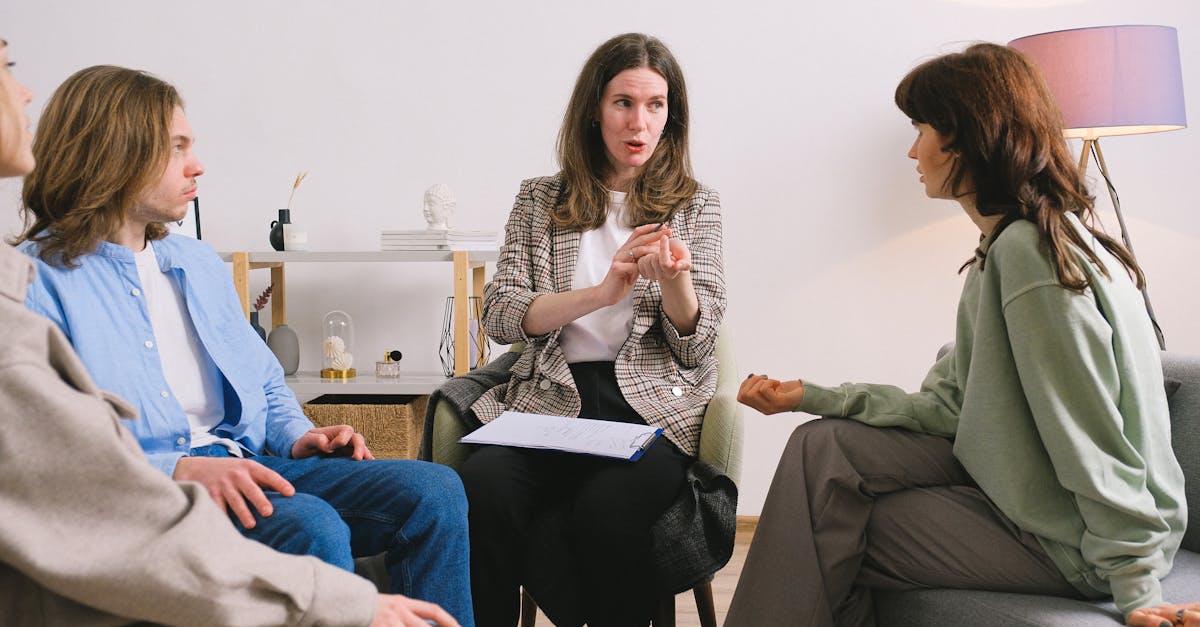Understanding the Risks at Home
Accidents can happen in any household, and toddlers are naturally curious explorers. They love to touch, taste, and test everything they find. This makes them prone to accidental poisoning. Common culprits include household cleaners, medications, and even certain plants. Recognizing these risks helps you take proactive steps to protect your little one. Remember, what seems harmless to us can be dangerous for them!
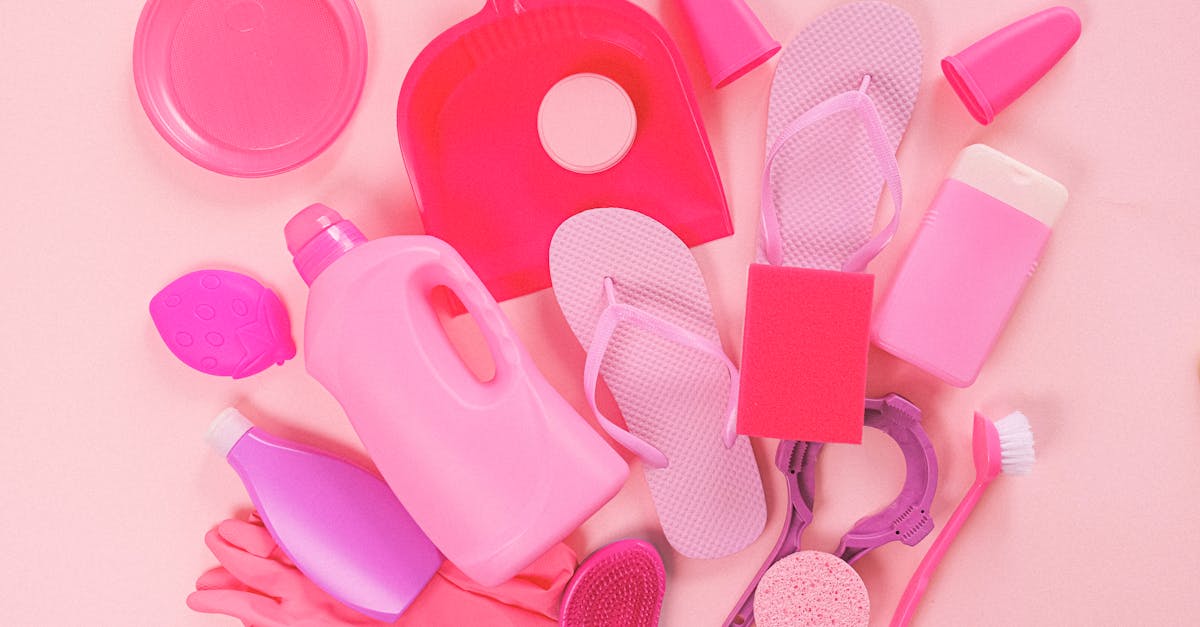
Stay vigilant and create a safe environment for your child by securing hazardous items out of reach, using child safety locks, and educating yourself on common household poisons. Being prepared and aware is key to preventing accidents and ensuring your child’s well-being.
Safe Storage: Your First Line of Defense
Storing hazardous items safely is crucial. Always keep cleaning supplies, medications, and chemicals out of reach. High shelves and locked cabinets are your best friends. Consider storing items in their original containers with clear labels. It’s a simple habit that can prevent a major mishap. Out of sight, out of mind works wonders in keeping toddlers away from danger.
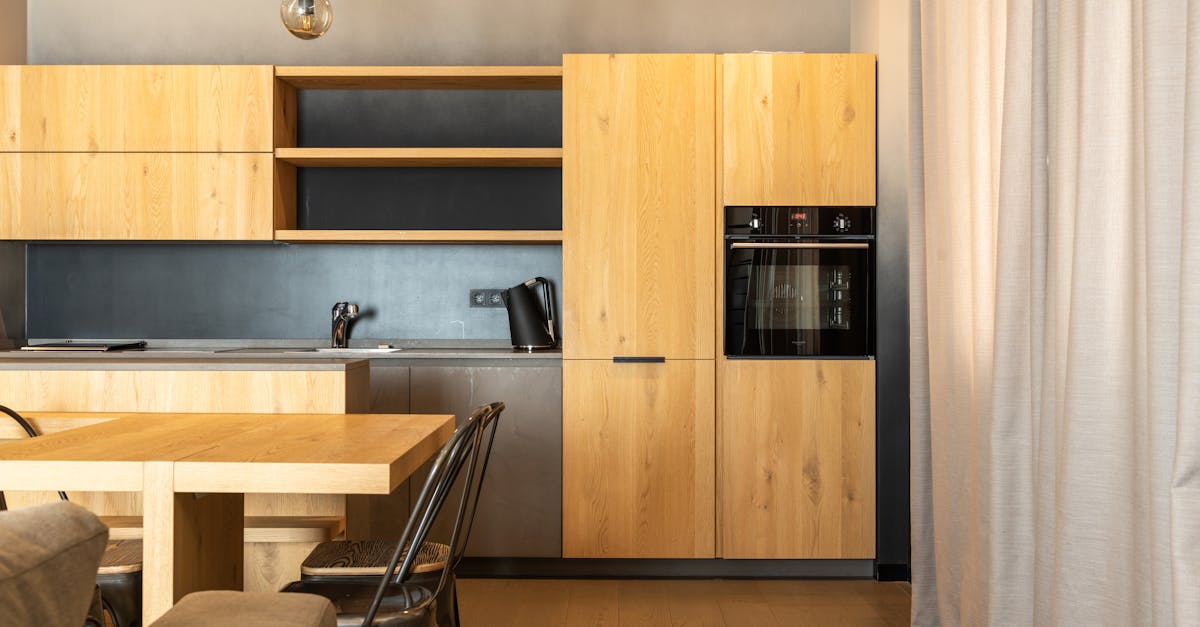
Childproofing Essentials You Should Know
Childproofing your home goes beyond putting up gates and covering electrical outlets. It involves a keen eye for potential hazards such as accessible toiletries, cosmetics, and even some foods. Invest in childproof locks for cabinets and drawers. Better safe than sorry, so do a thorough sweep of your home to ensure it’s toddler-proofed.
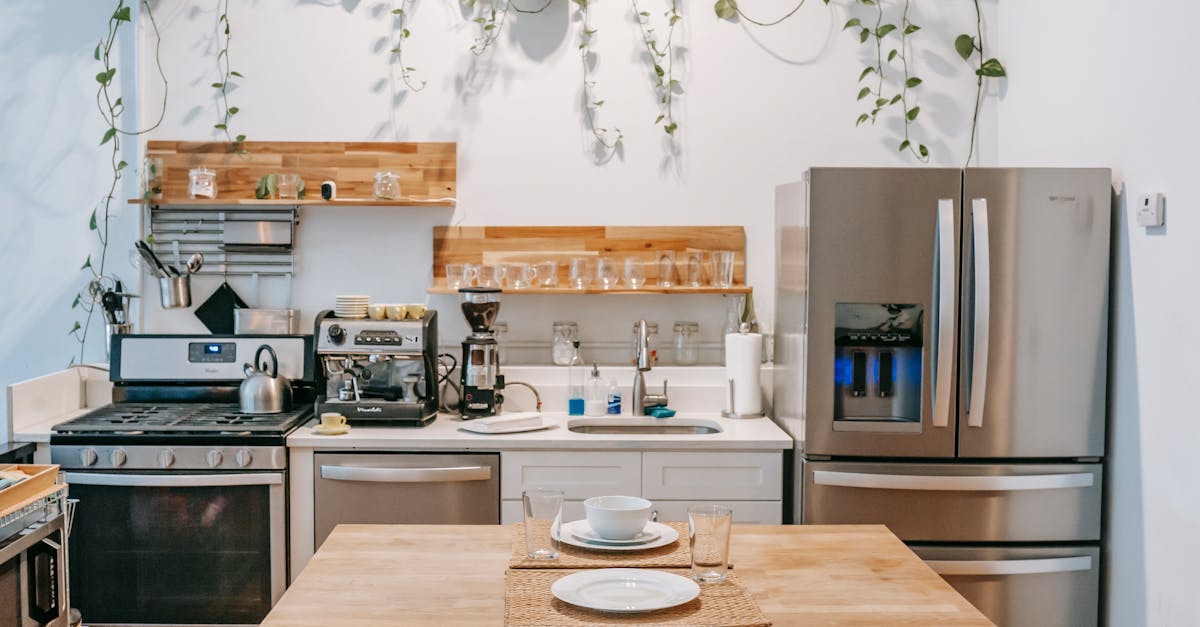
Teaching Toddlers About Safety
Kids are smarter than we often give them credit for. Teaching your toddler about safety from a young age can be effective. Use simple language and engaging activities to show them what’s safe and what’s not. For example, make it a game to identify safe versus unsafe items. It’s a win-win when they’re entertained and learning simultaneously. Make learning fun, and they’ll remember.
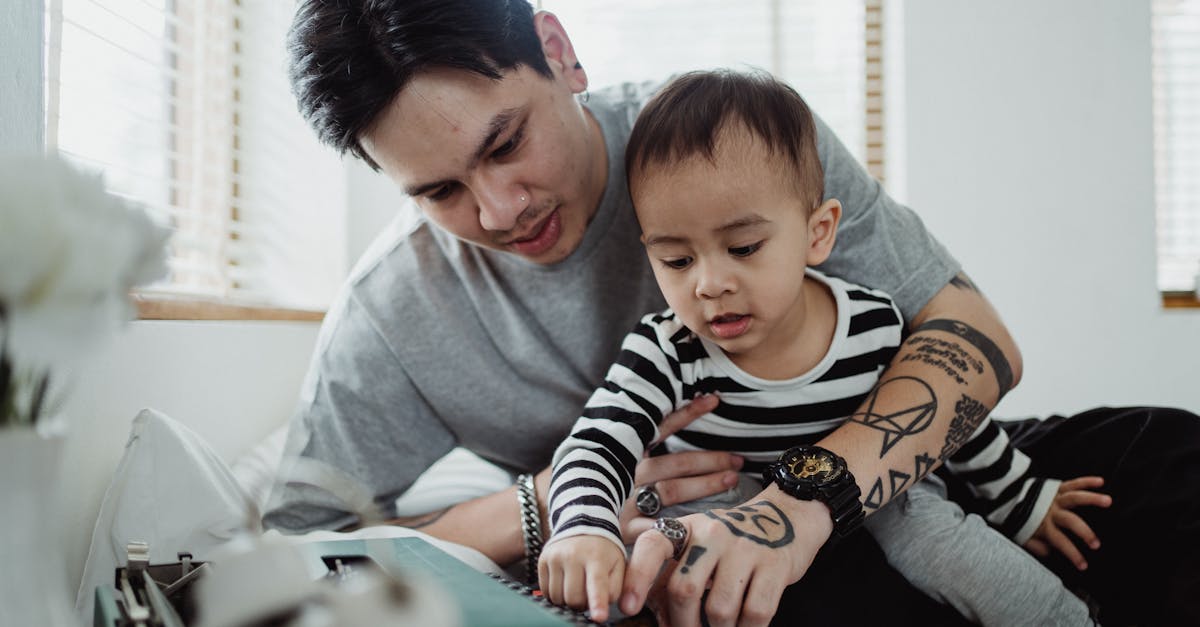
Summary: Teaching toddlers about safety is an important aspect of their development. By using simple language and engaging activities, you can effectively educate them on what is safe and what is not.
What to Do in Case of Poisoning
Despite all precautions, accidents can happen. If your child ingests something toxic, stay calm. Immediately call your local poison control center. Keep the number handy—in your phone, on the fridge, wherever it’s easy to find. They’ll guide you through the necessary steps. Speed is critical, so acting quickly can make all the difference.
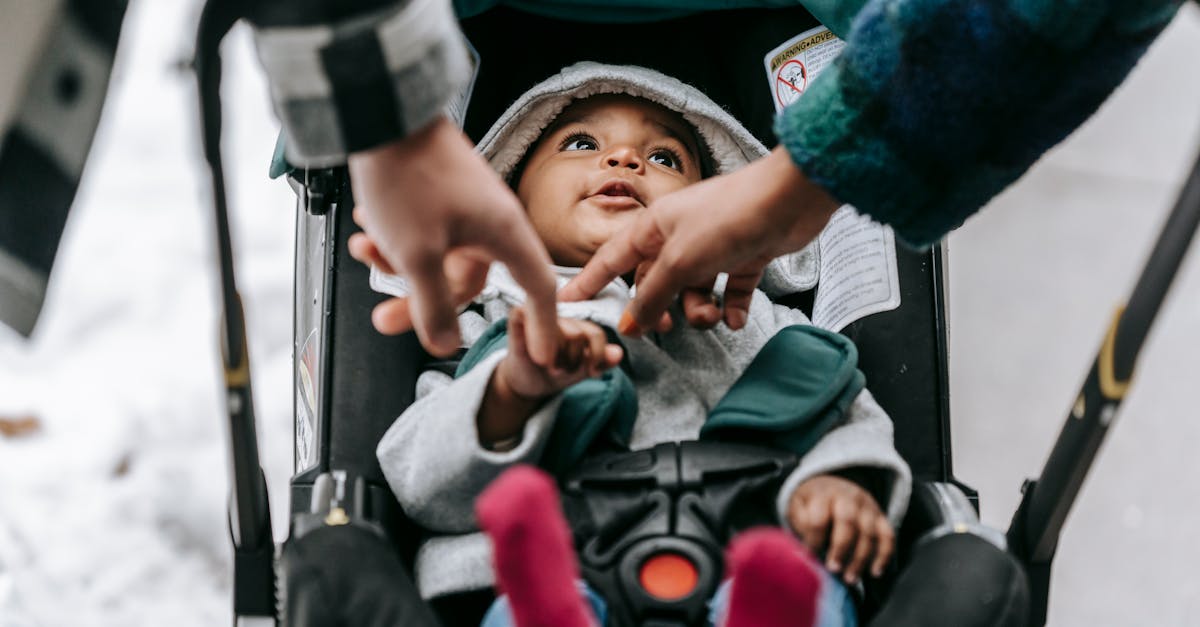
Managing Anxiety as a Parent
Worrying is a natural part of parenting. Trying to prevent every possible accident can be exhausting and emotionally draining. It’s important to balance vigilance with trust in your parenting skills.
Don’t hesitate to seek support from friends, family, or support groups. Remember, you’re not alone. Share your concerns, and you might find others have valuable advice and comforting words.
